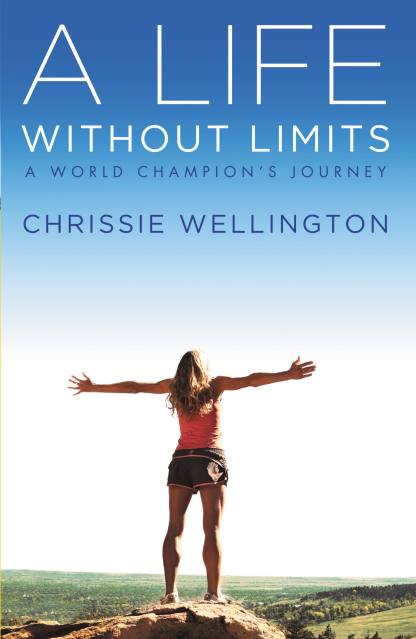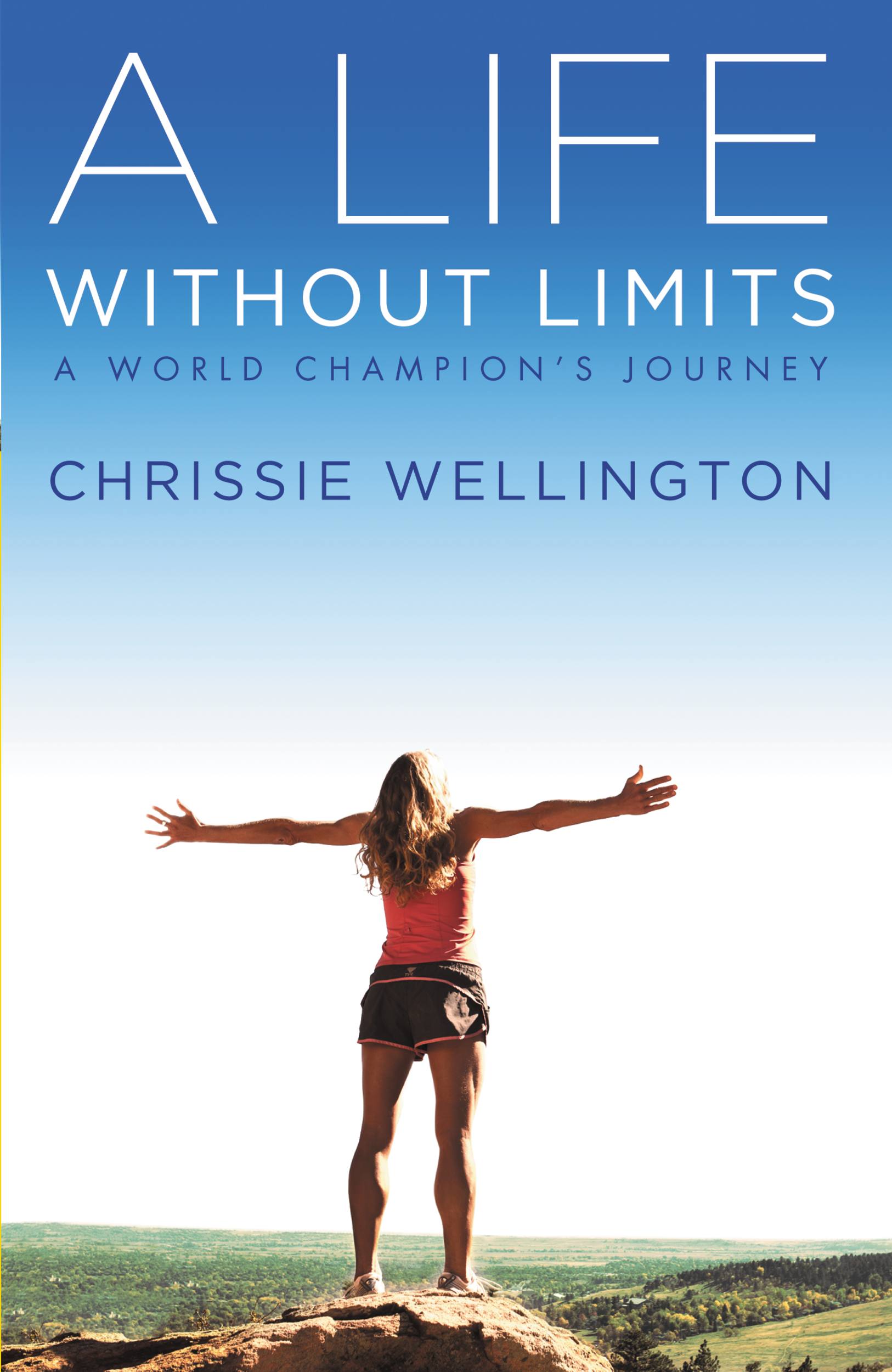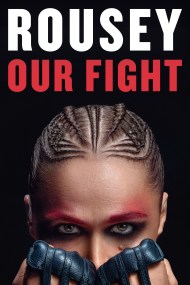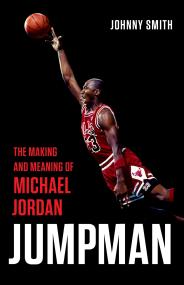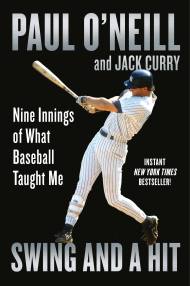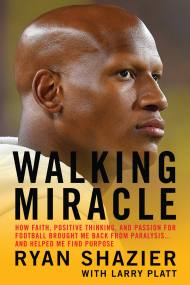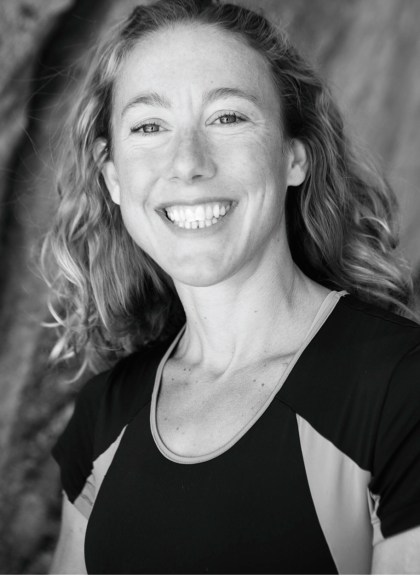Promotion
Use code MOM24 for 20% off site wide + free shipping over $45
A Life Without Limits
A World Champion's Journey
Contributors
Formats and Prices
Price
$9.99Price
$12.99 CADFormat
Format:
- ebook $9.99 $12.99 CAD
- Audiobook Download (Unabridged)
- Trade Paperback $21.99 $28.99 CAD
This item is a preorder. Your payment method will be charged immediately, and the product is expected to ship on or around May 15, 2012. This date is subject to change due to shipping delays beyond our control.
Also available from:
In 2007, Chrissie Wellington shocked the triathlon world by winning the Ironman World Championships in Hawaii. As a newcomer to the sport and a complete unknown to the press, Chrissie’s win shook up the sport. A LIFE WITHOUT LIMITS is the story of her rise to the top, a journey that has taken her around the world, from a childhood in England, to the mountains of Nepal, to the oceans of New Zealand, and the trails of Argentina, and first across the finish line.
Wellington’s first-hand, inspiring story includes all the incredible challenges she has faced–from anorexia to near–drowning to training with a controversial coach. But to Wellington, the drama of the sports also presents an opportunity to use sports to improve people’s lives.
A LIFE WITHOUT LIMITS reveals the heart behind Wellington’s success, along with the diet, training and motivational techniques that keep her going through one of the world’s most grueling events.
Wellington’s first-hand, inspiring story includes all the incredible challenges she has faced–from anorexia to near–drowning to training with a controversial coach. But to Wellington, the drama of the sports also presents an opportunity to use sports to improve people’s lives.
A LIFE WITHOUT LIMITS reveals the heart behind Wellington’s success, along with the diet, training and motivational techniques that keep her going through one of the world’s most grueling events.
Genre:
-
"What emerges from this book is the portrait of a thoroughly nice woman. Her exceptional qualities have led her to achievements that her readers can scarcely imagine. But she still remains touchingly connected to that ordinary girl from Norfolk. It's a winning combination."
---Jane Shilling, The Daily Mail -
"What amazes me about Chrissie Wellington is not that she wins, but by how much...Like Usain Bolt, Wellington has burst on to the scene and destroyed the opposition. Those within athletics said that Bolt was coming but Wellington came from nowhere and wins by a relatively greater margin."
---James Cracknell, two time Olympic gold medalist, and adventurer -
"Empowering and suitably commemorative."
---Kirkus Reviews
- On Sale
- May 15, 2012
- Page Count
- 288 pages
- Publisher
- Center Street
- ISBN-13
- 9781455510931
Newsletter Signup
By clicking ‘Sign Up,’ I acknowledge that I have read and agree to Hachette Book Group’s Privacy Policy and Terms of Use
